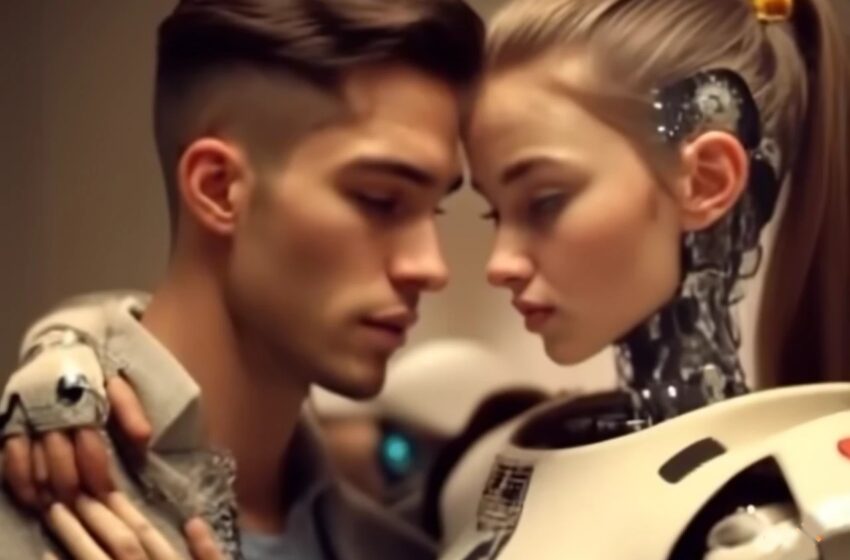Will Guys Accept A.I. Girlfriends?

In recent years, the rise of artificial intelligence has transformed various aspects of our lives, including how we relate to each other. For many, the concept of having an A.I. girlfriend may seem far-fetched, but as technology advances, this possibility is more tangible than ever. So, will guys really embrace A.I. girlfriends, or is it just another tech trend that will fade away?
To begin with, we need to explore the reasons behind the increasing interest in A.I. companions. For many young men today, dating and relationships can often feel overwhelming. The pressures of modern dating culture—endless swiping on dating apps, managing social expectations, and navigating emotional vulnerability—can be daunting. A.I. girlfriends, typically designed to provide companionship, support, and conversation without the complexities of traditional relationships, could provide a viable alternative.
Imagine having a partner who is always available, never judgmental, and always ready to listen. A.I. companions like Replika, for example, have been programmed to engage in deep conversations, learn user preferences, and evolve over time, potentially aligning with their human partner’s emotional needs. This kind of accessibility might appeal to guys looking for a low-pressure relationship that provides camaraderie without the fear of rejection or misunderstandings.
However, the question of whether guys will “want” A.I. girlfriends goes beyond just convenience; it delves into personal fulfillment and authentic connection. Many men crave emotional intimacy and meaningful relationships, which might be hard to replicate with a non-human entity. A.I. can mimic certain aspects of human interaction but lacks the genuine emotions and physical presence that characterize human relationships. Thus, while some may find comfort in A.I. companionship, for others, it might feel hollow or unsatisfying in the long run.
Moreover, cultural attitudes towards masculinity play a significant role in this discussion. Traditionally, many guys have grown up in environments that encourage resilience and emotional self-sufficiency. Relying on A.I. for emotional companionship could be viewed as a sign of weakness or avoidance. Some may worry that forming attachments to A.I. could negatively impact their ability to establish real connections with women, leading to a sort of emotional isolation.
At the same time, there are those who see A.I. girlfriends as an opportunity for self-exploration and growth. Engaging with an A.I. partner may offer a safe space to express feelings and desires that one might otherwise be hesitant to share with a human partner. This experience could help foster self-awareness, allowing guys to better understand their own expectations in real-life relationships.
As technology continues to evolve, it’s likely that interaction with A.I. companions will become more sophisticated and nuanced. Virtual relationships could become a supplementary facet of dating culture, catering to a demographic that values convenience and autonomy.
In conclusion, whether guys will fully accept A.I. girlfriends is still an open question. While there is potential for A.I. companions to alleviate the pressures of modern dating, they will likely never replace the depth and richness of human relationships. For many, the idea of an A.I. girlfriend might spark curiosity and exploration, but the quest for authentic, human connection remains at the forefront of emotional life. It remains to be seen how this fascinating intersection of technology and relationships will shape the future of dating for men and women alike.




